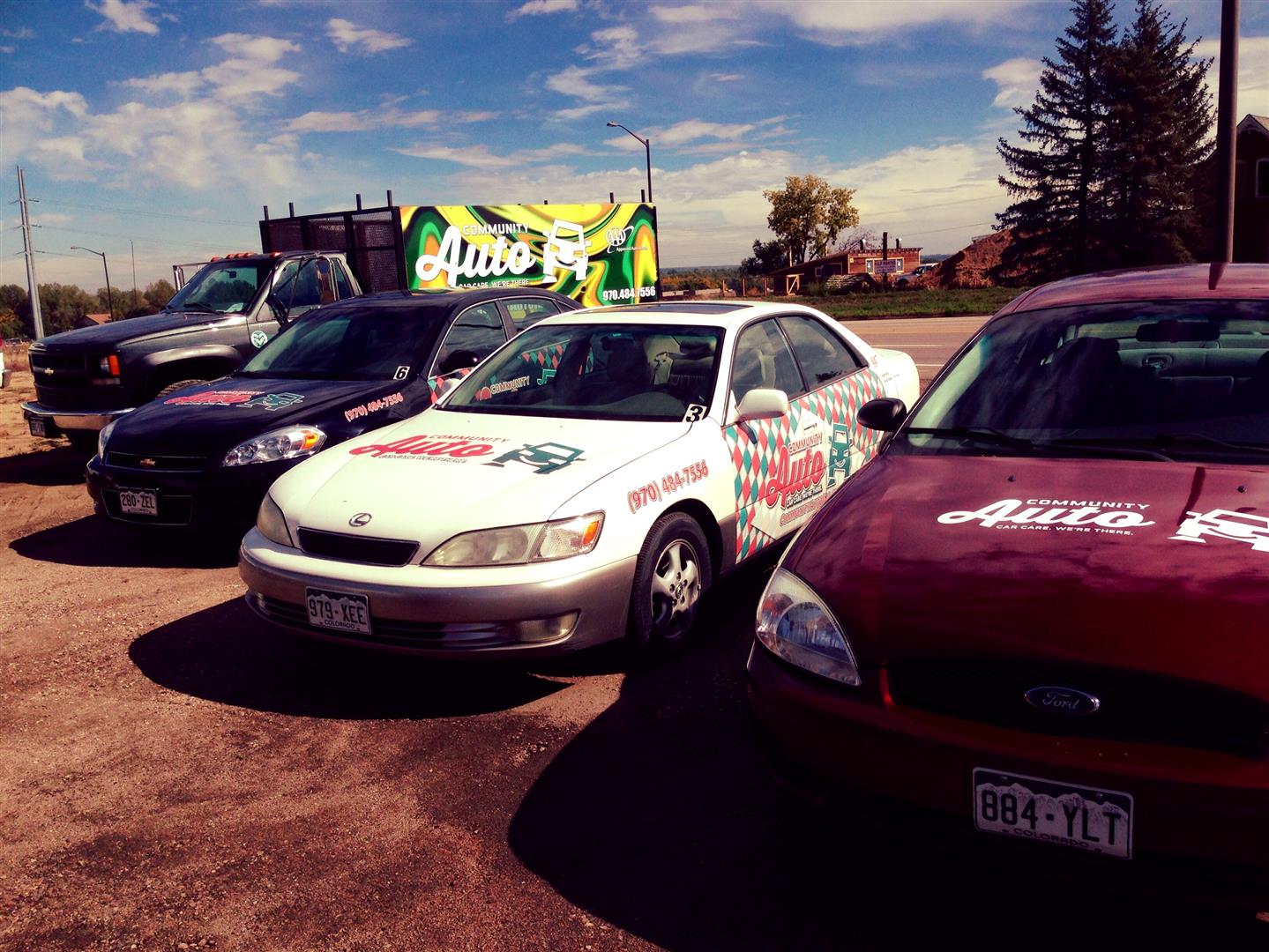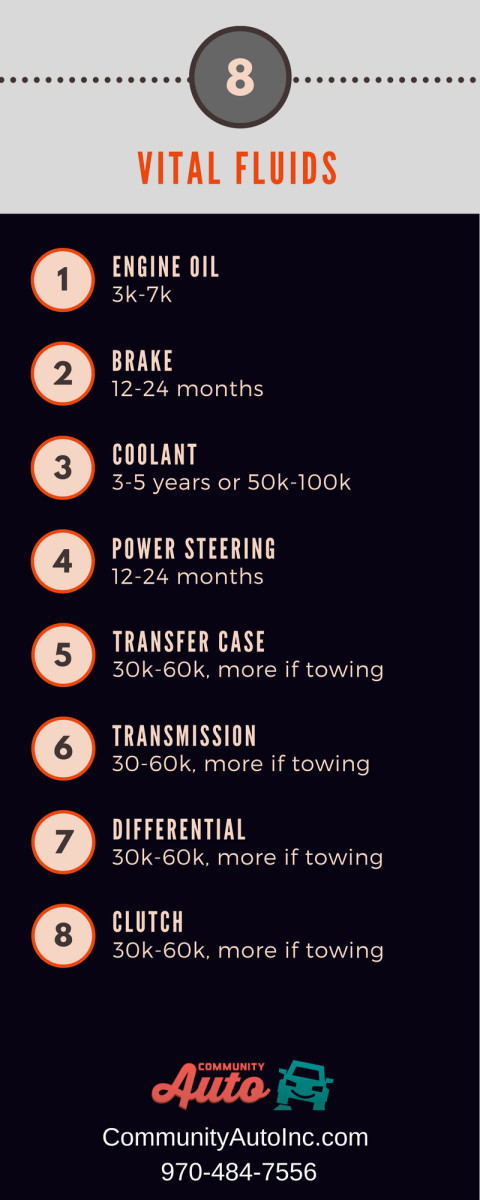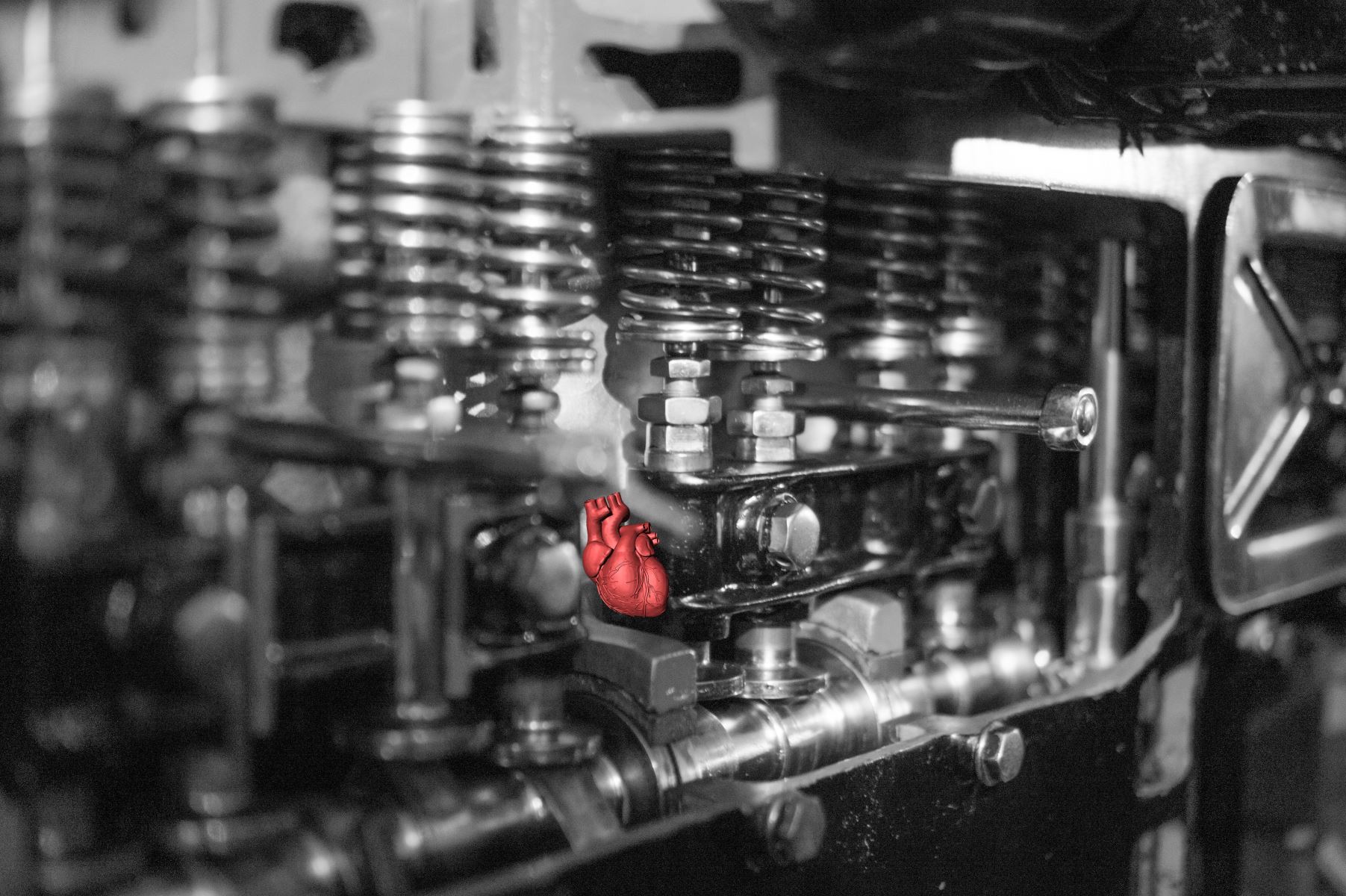Posted on 9/25/2018

Fleet Repair Management The more vehicles you own, the more difficult it becomes to manage maintaining them. Think about it--a vehicle requires an oil change and tire rotation about every 3 months, other fluids serviced at 6 or 12 months, and a host of other inspections and replacements recommended in the schedule of your Owner’s Manual. Depending on how much you drive, your vehicle may need to go into the shop or be attended to 4-5 times a year or more. If you have multiple vehicles that are used to get a job done--a fleet--it becomes ever more important to have a system in place that keeps them running in tip-top shape. Now imagine your fleet of five or ten vehicles, all of which are required for the proper functioning of your business, and keeping up on what service each vehicle needs and when. Sounds impossible! If you are a fleet manager, sm ... read more
Posted on 5/7/2018

Auto repair tends to come in two major wrench-in-your-life categories: Unexpected and Costly A vehicle breakdown ranks high on most people's priority list of things to avoid. And for good reason--breakdowns cost you major time and money. Furthermore, they force you to completely overhaul your day while leaving you riddled with anxiety, fear and doubt about what it’s going to cost, and how you’re going to get back on the road and back to your life. Luckily, there’s a third category—your saving grace: Preventive Vehicle Maintenance. This is the key to avoiding unexpected and costly auto repair. Such as health problems, a dirty house, leaky faucet, a garden full of weeds, saving for retirement or an avocado, the longer you wait--the worse it gets. When you see, hear or smell something unusual with your car, it’s important to pay attention and to act. Problems in vehicles usually start small and th ... read more
Posted on 3/10/2018

Spring is here and it's time for your winter tire swap or changeover Understanding tires can at first seem overwhelming. There are a lot of options and information to keep straight. Breaking down the categories and types of tires helps you to see what your options are. For typical commuting, most drivers opt for Summer, All-Season, M+S (mud and snow) and/or Snow tires. When deciding which tires to use in Colorado, there are some things to keep in mind. All-season tires simplify the decision of what tires to get and are sufficient for general driving in Colorado year-round. However, more specialized tires do in fact perform better under certain driving conditions. People who do off-road driving, mountain driving, or prefer a better performing tire for peace-of-mind and safety sometimes opt for Winter or M+S tires to be swapped out seasonally. A tire swap is neces ... read more
Posted on 2/1/2018

In our experience, it seems most vehicle owners know their vehicle needs an oil change. Next, they may know about a transmission flush and maybe even know a thing or two about car coolant. But when it comes to all the vital fluids needed to keep a vehicle running, many drivers are in the dark. Vital fluids are an integral part of a functioning vehicle, hence the name. It’s important to understand the fluids involved in keeping your vehicle functioning and the importance of keeping them clean. Do you know your vehicle has eight unique fluids pumping through its veins? These fluids flow through and lubricate all of the vehicle's systems. The brake system, transmission, cooling and--as you know--engine all depend on fluids to function. These fluids are: Engine OilBrakeTransmissionCoolantPower Steering ... read more
Posted on 12/5/2017

What’s a timing belt? It’s nothing more than the heart of your engine. When it stops, your whole engine stops. And fixing it? Well, that’s open-heart surgery. You can’t “take a look” at your timing belt. You can’t just open the hood, pull out your flashlight and check the condition (like you can other belts). You need to break the chest plate. We’d start with an MRI, but unfortunately we don’t have those for cars yet. So we have to go in, remove bolts, covers and parts—perform surgery—just to even see it. A timing belt replacement is the greatest preventive maintenance procedure we perform. It’s removing that cystic growth from your thyroid. It’s not cancerous—yet. And better safe than sorry. Manufacturers and mechanics recommend a timing belt replacement at around 60,000-100,000 miles (unless yo ... read more